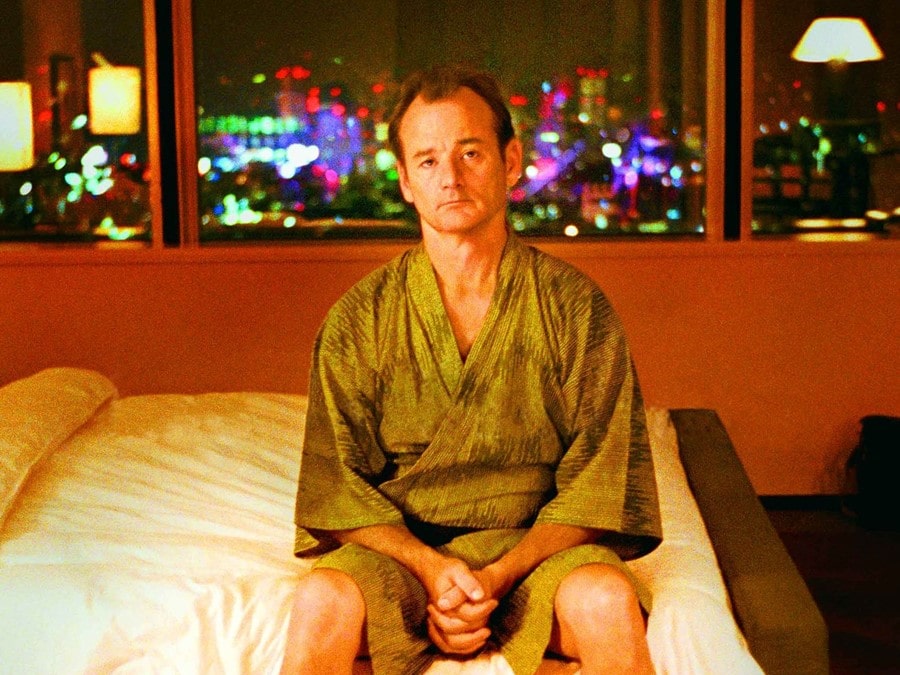Can a lonely person be happy? Yes and no. There is no definite answer to this question, just as there is no single concept of “loneliness”. Without daring to go into a complex, ornate and sometimes contradictory classification of loneliness among different authors, I note only that solitude and loneliness are different.
The crudest division:
- there are loneliness-state
- and loneliness-experience
The second one is almost a disease that, accordingly, should be treated. The first is subject to change, as, for example, lack of work or cramped housing conditions. In the 1970s, the psychologist Weiss, who compared loneliness with a cold and considered it almost a purely medical problem, compiled a sort of directory of ways and means of dealing with loneliness for the elderly, widows, orphans, unmarried women, etc.
Often, both of these loneliness go hand in hand together. But not necessarily. Outwardly, a prosperous and happy family man can feel himself in the most profound and most painful isolation, or a person living alone can feel quite comfortable and joyful in this crowded world.
What are the advantages of this – if not condemned by society, then traditionally causing pity in others state? Anyone who decides to devote a separate study to this topic is practically doomed to failure.
Are single people happy because they are free?
For psychologists, the existential direction of the problem of loneliness does not exist in the global sense of the word. No, of course, if a person suffers from his isolation and lack of intimacy, he needs support and expert help. But really, there’s nothing to be done. After all, we are all alone – regardless of marital status and the number of friends. Loneliness is an indispensable reality of human existence. We come to this world alone, leave it alone, and no one is able to share our thoughts and experiences fully.

Isolation from others is an inherent property of human existence, and nothing can be done about it. In one of the books of Irwin Yalom, people are compared with boats swaying on the waves in the dark and seeing only each other’s lights. It all depends on the point of view. Loneliness can be likened to a wall about which someone foolish beats his forehead. By itself, the concrete surface is not able to cause pain – this requires the counter-efforts of the person himself.
From a person’s reaction to the loneliness (for example by depression or hostility, by passive going into him or by an active struggle to overcome) depends on how he explains it himself. Very often, a person blames himself, considers himself worthless, useless, calls himself offensive nicknames. It is not the best way to find peace of mind. Psychologists have found that low self-esteem can be both a cause of loneliness and its consequence.
By the way, the most painful blow to self-love and spiritual comfort (and sometimes health) loneliness inflicts precisely among offended, but still hoping people who are not fit and do not want to adapt to life in their single status. In the course of large-scale surveys using the methods of mathematical statistics, psychologists measured the degree of loneliness and found out that they in no way depend on years spent without a life partner.
In itself, loneliness does not harm health at all. There has been a lot of research on this topic. The results are so contradictory and not very impressive that one can safely say: there is no difference in the feeling of mental and physical health between single and unmarried people.
Divorced people are unhappier then single people
Many works in the scientific literature indicate that the presence of successful family relationships is a serious factor that increases the level of happiness. At the same time, happier people, according to research, are more likely to enter into a successful marriage. Nevertheless, in many countries, the age of starting a family is growing, and more and more people are choosing to live alone. This gives scientists ample opportunities for comparative social research.
The results of the work of researches demonstrate how the level of happiness of people living in households of two, three and four people differs from the level of satisfaction of people living alone in different age periods. In European countries, there is up to 25% of such people under the age of 40 years.

In America, the situation is similar. However, as the researcher explained, because of the prevalence of relatively early marriages, by this age many more young people already have divorce experience. Divorced people demonstrate the lowest level of happiness compared to people with family and lonely people. This applies to both America and Europe as a whole.
Peaks of sadness
The results of the study show that separate living and the absence of a family does not permanently reduce the level of happiness, at least up to 35-40 years. Up to this stage of life, the lonely are on average almost as happy as the people living in pairs. But by the age of 35-40, loners experience the first peak, when they feel more unhappy compared to family people. In America, this peak, as shown by research data, falls on 35 years, and in the most prosperous countries of Europe on 36-42 years.
The second peak of “misfortune” is less acute. Lonely people experience it in adulthood. In America, it is 68 years old, and in Europe, it is 72 years old. In the most developed European countries after the age of 40 and passing the first peak of “unhappiness”, the level of subjective well-being among those who live alone and those who live with families is leveling off. America is very different in this respect.
Among respondents younger than 35, on average there is no difference in the level of happiness between family and single persons. However, with age, this difference is more pronounced: married respondents are happier than single people. A possible explanation for this is mutual economic assistance and social support that exists in families, but which is less accessible to older individuals.

I am a content creator and chief editor at ok-dating.net. Being a part of the creation of something genuinely beneficial for our readers is just incredible. I am happy to see how our project improves the lives of so many people who are searching for love worldwide.
I received my PhD in linguistics from the University of Chicago. My education has given me a deep understanding of the importance of language nuance. This, in turn, has shaped my special approach to writing and refining text pieces.


